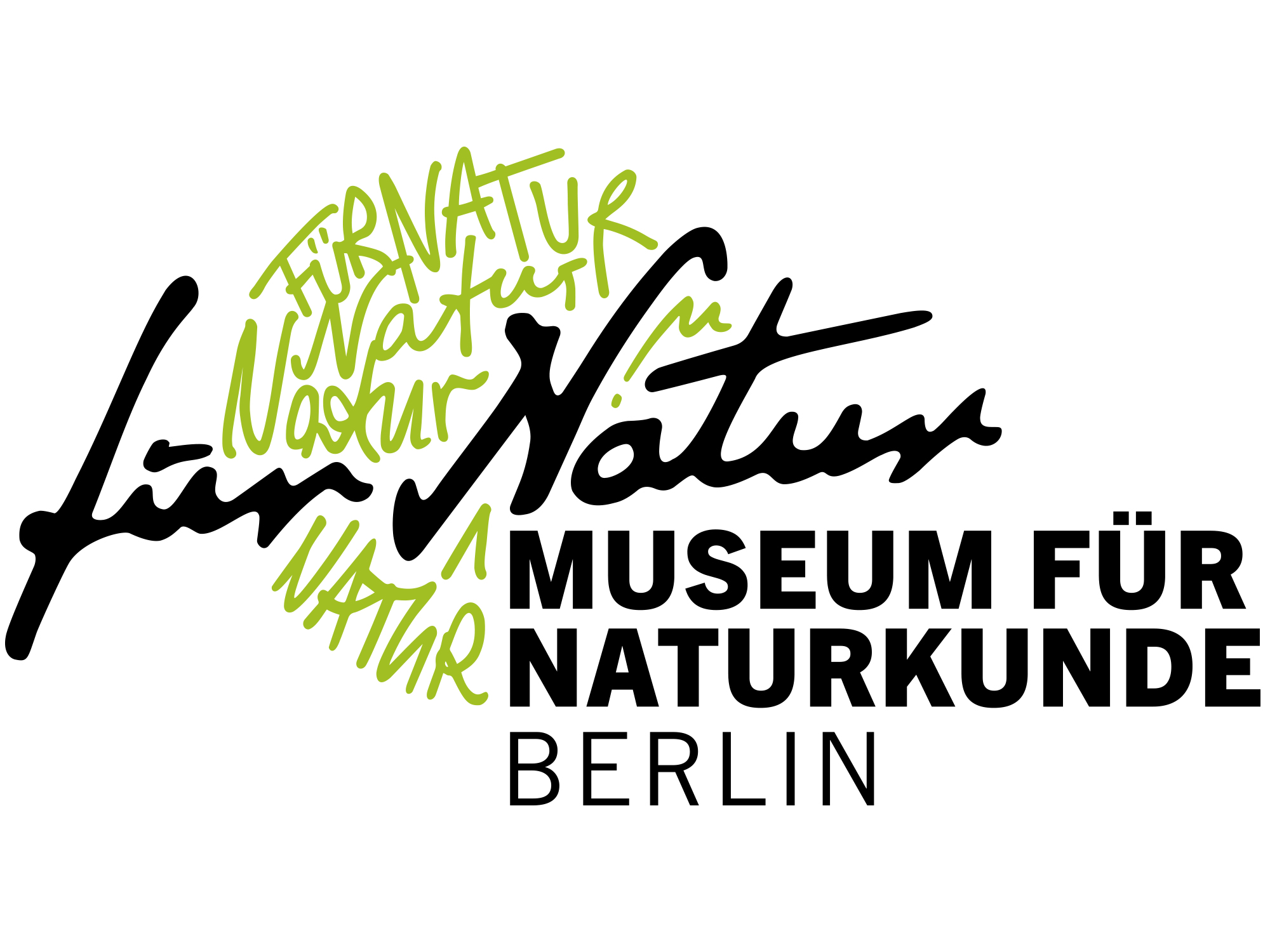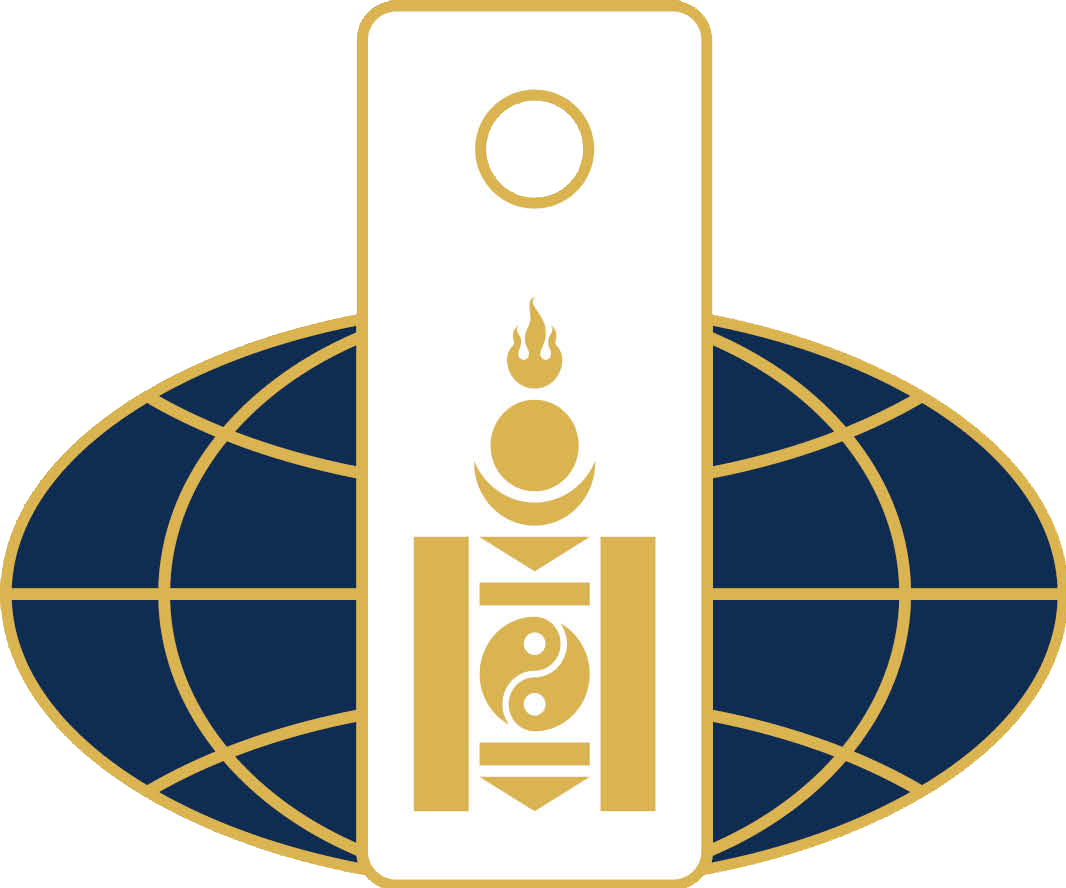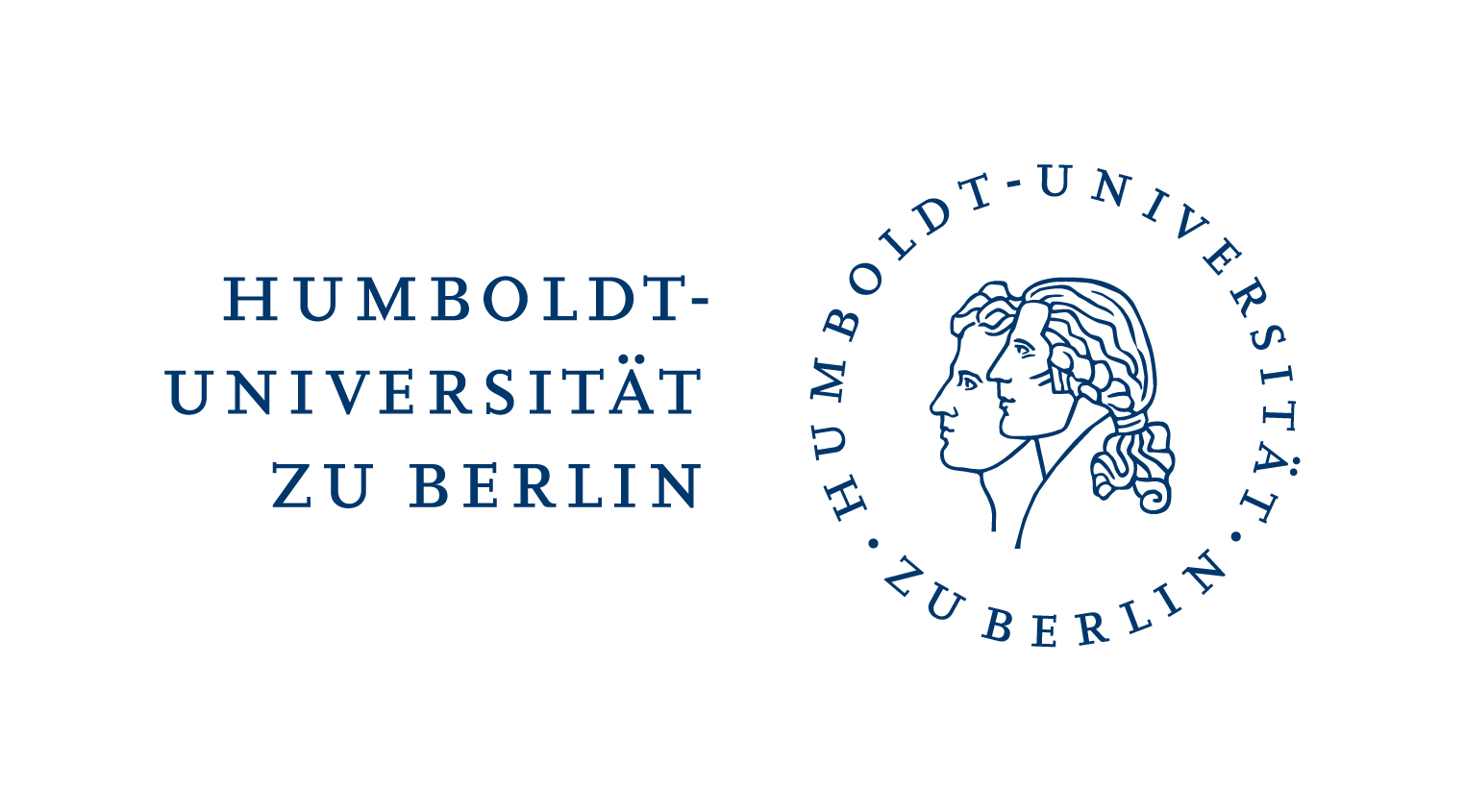Alexander von Humboldt and the Mongolians
In 1829, Alexander von Humboldt reached the easternmost point of his Russian journey: A border post of the Manchurian Qing dynasty. Here, on the borderline between the Tsarist Empire and the territory of the former Jungar Empire, the traveller and his companions met a Manchurian border guard and some Mongolians. These and other encounters – such as the one with the Oirad Mongolians on the Volga – enabled Humboldt and his companions not only to gain scientific research results, but also deep insights into a living world and culture that were new to them.
How did this historical encounter between the Mongolians and Alexander von Humboldt unfold? In what historical context did it take place? And what significance do the scientific achievements of the expedition and the collection objects brought back from the Asian continent still have for science today?
Lectures by scientific experts and contributions by musicians will shed light on the encounter – an intellectual journey to the (former) Mongolian territories from a historical, cultural and natural science perspective.
As part of the event, the Staatsbibliothek zu Berlin – Preußischer Kulturbesitz will present objects from its holdings that Alexander von Humboldt received during his trip to Russia in 1829.
14:00–14:30
Greetings
Prof. Dr. Christoph Schneider, Vice-President for Research, Humboldt-Universität zu Berlin
Dr. Birvaa Mandakhbileg, H.E. Ambassador of Mongolia
14:30–18:30
Lectures
Alexander von Humboldt’s Second Great Journey
Prof. Dr. Marcel Robischon (Humboldt-Universität zu Berlin)
In the Footsteps of Alexander von Humboldt in Russia and Kazakhstan
Dr. Ferdinand Damaschun (Museum of Natural History Berlin)
Alexander von Humboldt’s Central Asia and the Manchurian Qing Dynasty
Dr. Francesca Fiaschetti (University of Vienna)
The Manchurian language and its connection with Classical Mongolian
Prof. Dr. Otgontuul Togtokh (National University of Mongolia)
The border protection of the Mongolians at the time of Alexander von Humboldt
Dr. Ganchimeg Altangerel (Humboldt University Berlin)
Central Asian Objects from Alexander von Humboldt’s Possession at the Berlin State Library
Antje Ziemer (Berlin State Library)
The music culture of the 19th century in the Western Mongolian Altai Mountains
Gerlee Tsegmid-Rösch (Mongolian Step, Bad Homburg)
18:00-18:30
What was heard musically when Humboldt travelled to the Mongolians
Ines Theileis (vocals, Salon Fähig, Berlin) and Nasanjargal Ganbold (throat singing and horse-head fiddle, Sedaa, Hanover)
Participants
Prof. Dr. Marcel Robischon teaches and researches at the Thaer Institute for Agricultural and Horticultural Sciences at Humboldt-Universität zu Berlin. He is Head of the Department of Agroecology.
Dr. Ferdinand Damaschun worked as Head of the Exhibition and Public Education Department at the Museum für Naturkunde Berlin. From 2006 to 2015 he was Deputy Director General there.
Dr. Francesca Fiaschetti is a researcher of Inner and East Asian history, specialising in the history of the Mongol Empire. Since 2019, she has been the director of the Mongolia Cluster, a centre for the study of Mongolian history and culture at the University of Vienna.
Prof. Dr. Otgontuul Togtokh teaches, among other things, Written Manchurian at the Faculty of Human Sciences of the National University of Mongolia. She is currently working on a comparative study for Manchurian, Korean and Mongolian languages.
Dr. Ganchimeg Altangerel teaches and researches at the Institute for Asian and African Studies at the Humboldt-Universität zu Berlin, where she represents the Mongolian Studies Department.
Antje Ziemer works as a subject specialist for Central Asia at the Staatsbibliothek zu Berlin and last year graduated with an M.A. LIS from the Institute of Library and Information Science at Humboldt-Universität zu Berlin.
Gerlee Tsegmid-Rösch is a cultural ambassador for Mongolia. In 2017, she founded the agency “Mongolian Step” to communicate Mongolian art and culture. Since then, she has realised several international projects.
Ines Theileis is a qualified vocal teacher and singer. She especially works experimentally with classical music. She is the artistic director of the science variety show “Salon Fähig” in Berlin.
Nasanjargal Ganbold is a throat and undertone singer and plays stringed instruments including horse-head fiddle. He worked as an artist in the music group Beurte. As a co-founder of Hosoo-Transmongolia and Sedaa, he has toured internationally.
The event is organised in cooperation with the Humboldt Lab at the Humboldt Forum by Dr. Ganchimeg Altangerel (Institute of Asian and African Studies, Humboldt-Universität zu Berlin) and Prof. Dr. Marcel Robischon (Department of Agroecology, Albrecht Daniel Thaer Institute of Agricultural and Horticultural Sciences, Humboldt-Universität zu Berlin).
With the kind support of the Humboldt Forum Foundation, the Staatsbibliothek zu Berlin – Preußischer Kulturbesitz and the Embassy of Mongolia.



